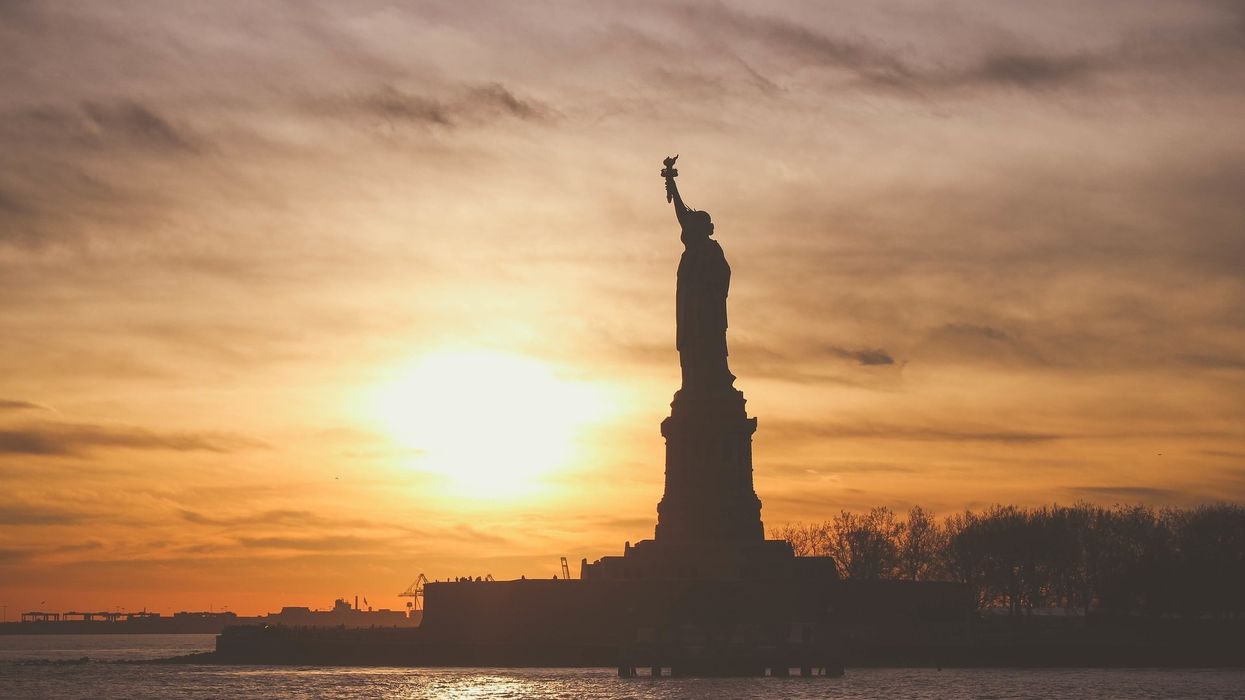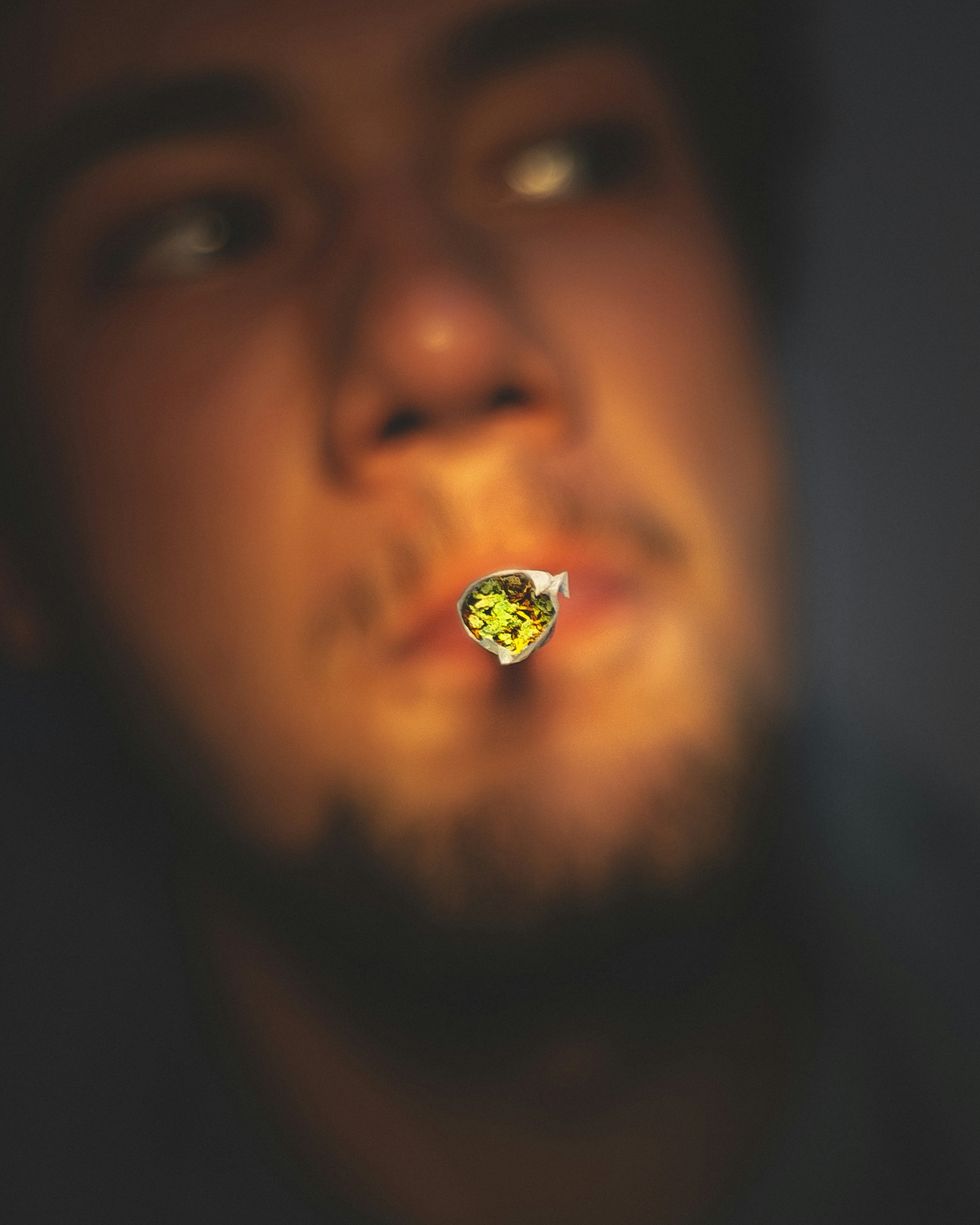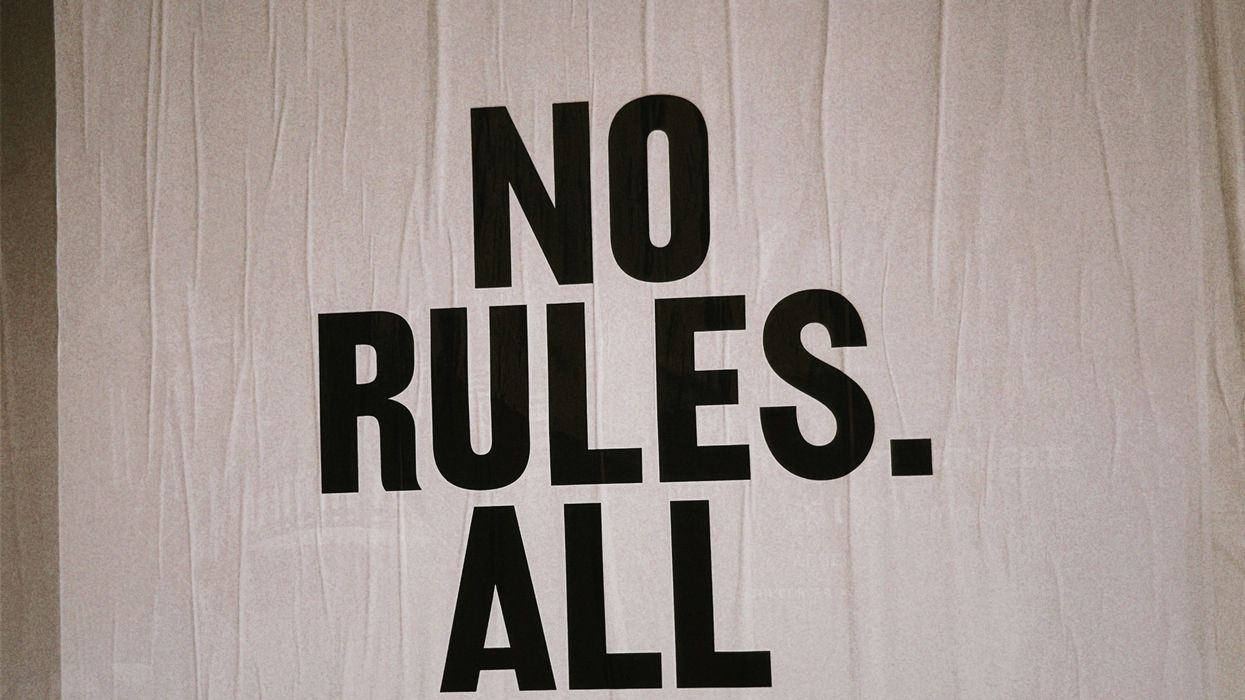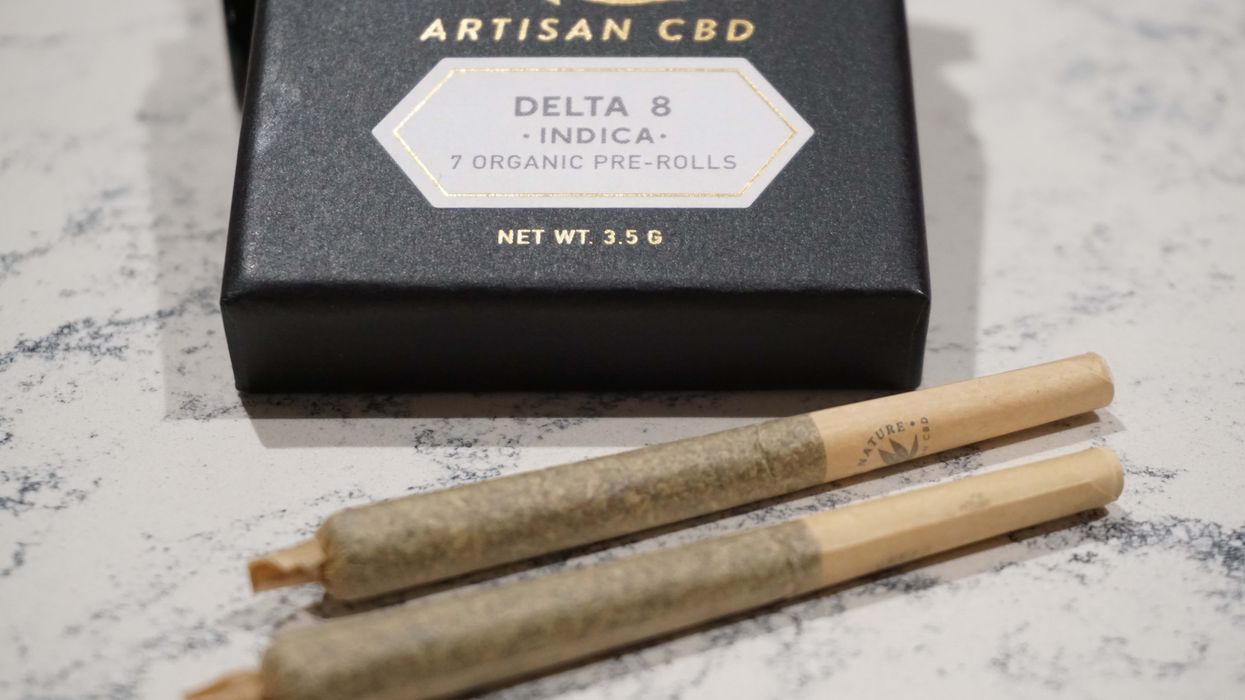New York Governor Andrew Cuomo announced his resignation on August 10, 2021. The announcement came a week after the state’s attorney general filed a report concluding that Gov. Cuomo had sexually harassed almost a dozen women.
Cuomo’s replacement will be Lieutenant Governor Kathy Hochul. Not only will Hochul be the first female governor in New York history, but she could also have a significant impact on the early rollout of New York’s adult-use cannabis industry.
The Next Phase is Crucial for New York Cannabis
Since New York’s Marijuana Regulation and Taxation Act (MRTA) was signed into law on March 31, 2021, the next phase – selecting the five members of the state’s Cannabis Control Board (CCB) – has stalled under Gov. Cuomo.
The governor is supposed to appoint three members to the board, with two appointed by the Assembly and the Senate. The governor is also responsible for nominating the CCB’s chairperson.
“It is difficult to overstate the importance of the CCB’s chairperson. The chairperson will have an outsized influence on the direction of New York’s cannabis industry,” writes Harris Bricken Attorney Simon Malinowski.
Malinowski explains how the CCB’s chairperson will have the ability to prioritize applicants and create a sustainable licensing process. Obviously, New Yorkers want the right person for the job. Maybe it’s a blessing in disguise that Cuomo has remained so ambiguous on moving forward with the industry.
People are also waiting for the governor to nominate an executive director for the Office of Cannabis Management, another area where Cuomo has stalled.
Lt. Governor Hochul on the Cannabis Issue
Will the ascension of Lt. Governor Hochul prove to be a win for cannabis progress? She has previously commented on the issue, saying legalization is “long-overdue” and “we need the money.”
Leafly’s Bruce Walcott concisely sums up what we know so far, “Hochul’s position on marijuana legalization has, in the near past, mirrored that of Cuomo: Pragmatic but not passionate.”
Notably, Hochul has also been a political ally to Assembly Woman Crystal Peoples-Stokes, who is one of the sponsors of the MRTA.
In an interview with Cheddar in January 2021 Hochul expressed support for social equity initiatives and getting on the right side of history. "We've had an unjust system for so long, so we're really excited about getting this passed as part of the budget," she told Cheddar. "Once we do, we'll join the other states that are finally enlightened enough to realize that this should be legalized.”
Once Hochul does take office, it would not be a surprise if the cannabis ball starts rolling quickly. “There is so much political capital to be gained by swiftly nominating a chairperson for the CCB and getting the ball rolling on New York’s adult-use licensing process that it would be surprising if Lt. Governor Hochul delayed the process,” Malinowski writes.
Watch The Bluntness's Gregory Frye Interview New York State Senator Liz Kruger about cannabis:
Need a little more Bluntness in your life? Check out our YouTube page!















 High-THC Weed Explored - The Bluntness Photo by
High-THC Weed Explored - The Bluntness Photo by  High-THC Weed Explored - The Bluntness Photo by
High-THC Weed Explored - The Bluntness Photo by  High-THC Weed Explored - The Bluntness Photo by Maria Fernanda Pissioli on Unsplash
High-THC Weed Explored - The Bluntness Photo by Maria Fernanda Pissioli on Unsplash 
